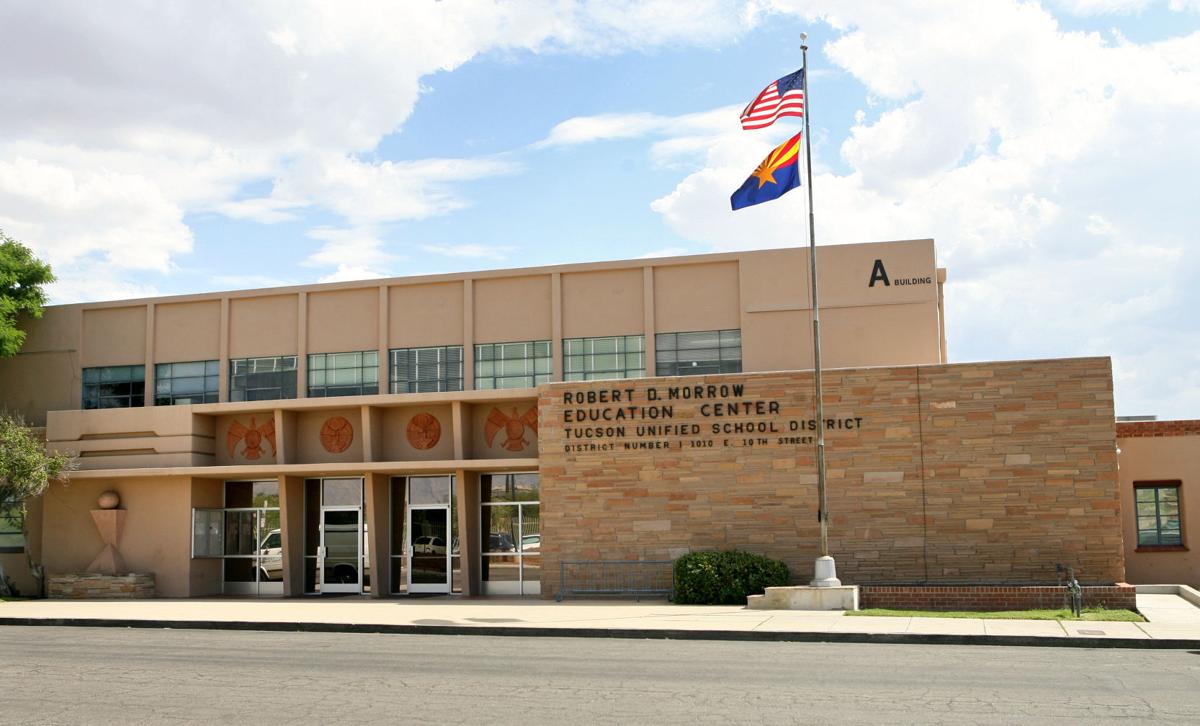Candidates for the Tucson Unified School District governing board highlighted the importance of retaining teachers and staff, narrowing achievement gaps among students, and building safer schools for kids of all backgrounds.
Those were key issues as the six vying for two open seats took part in a candidate forum held Thursday evening by the League of Women Voters of Greater Tucson and the YMCA of Southern Arizona.
The candidates on the November ballot are Brieanna Chillious, a children’s librarian; Jennifer Eckstrom, former mayor of South Tucson; Luis Armando Gonzales, a former state legislator; Val Romero, a local business owner; attorney William R. Soland; and university educator Rebecca Zapien.
Teacher and substitute retention
For teacher retention efforts, Eckstrom said it’s important to engage in conversations with teachers to learn why they’re deciding to leave and find ways to have their needs met.
Zapien said teacher retention is also about showing respect for the profession. “That means allowing teachers to do their jobs in ways that allow for kids to have meaningful learning experiences,” she said.
Soland said he would look at providing proper compensation and allowing substitutes to form their own bargaining group to have their voices heard as well.
Zapien said it is also crucial to pay substitutes a living wage, considering they often work the same hours as teachers and are highly qualified in other ways, such as building relationships with students within a shorter timeframe.
Several of the candidates, including Chillious, also highlighted the importance of working with the teachers’ union to improve the district.
“If elected as a board member, I wouldn’t be able to do my job if I am not working conscientiously with members of a union … or any governing body that wants to better or have better improvements within the district,” Chillious said.
With teacher retention being a big problem, short-staffing of certified teachers was pinpointed as another source of issues schools are facing, including students’ academic success.
Achievement gaps
Gonzales said achievement levels among students in TUSD are dramatically low compared to districts in other parts of the state and country.
“One of the problems we have is that we have teachers that are teaching out of the field,” Gonzales said, in reference to educators who have not yet been certified but were hired because of the staffing shortage.
Soland said there are also long-term substitutes who have had to step up to the task of teaching classes without prior training in those subjects.
Schools also need librarians, Chillious said, to aid teachers’ understanding of English Language Arts and to boost children’s reading levels, which would eventually show in standardized test scores.
Romero suggested analyzing educational models used in high-performing schools in the district, and implementing those practices in the lower-performing schools.
He also said the state’s Empowerment Scholarship Account program, also known as vouchers, might benefit the district as it would serve as motivation to provide better-quality education and possibly reduce the teacher-student ratio as some students transfer out of the district.
School safety
Discussing ideas for keeping schools safe from violence and bullying, most of the candidates agreed that having armed officers is not the most effective or ideal solution.
Instead, some said they would focus on providing necessary resources, such as counselors and social workers, on campuses and maintaining clear communication with families about the district’s safety plans.
“Each school needs an across-the-board understanding of what the safety plan is, and that includes parents,” Eckstrom said, saying that she noticed different safety plans being implemented throughout the district on the first day of school.
Soland and Zapien said they favor implementing restorative and transformative justice models to help students through their issues, rather than focusing on punishments.
“If many of my clients had someone actually look at the causes of their problems when they were in middle school or high school, I may never have met them because they might never have come before a judge,” Soland said of his work as an attorney.
And while all candidates favored the idea of adding more counselors to help students address issues at school, Romero was the only candidate to not entirely cross out the idea of more armed officers on campus.
“Yes, it’s not ideal to have armed police officers in schools,” he said, adding: “If it’s going to protect our children, is it bad to have them in our schools with other counselors that can help them out?”





